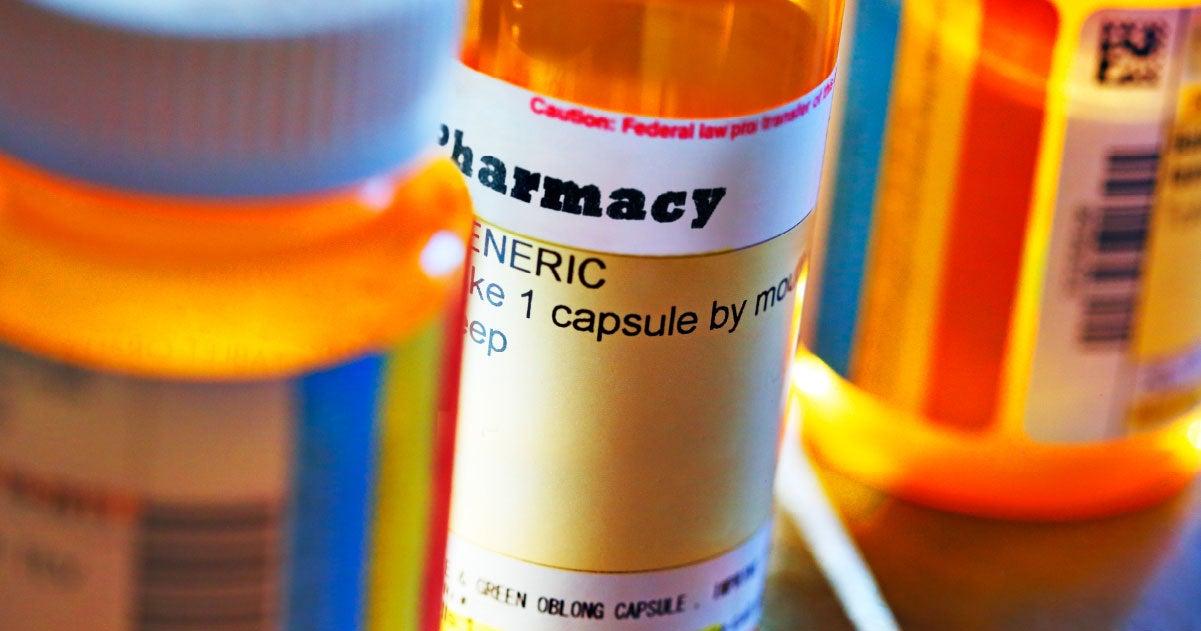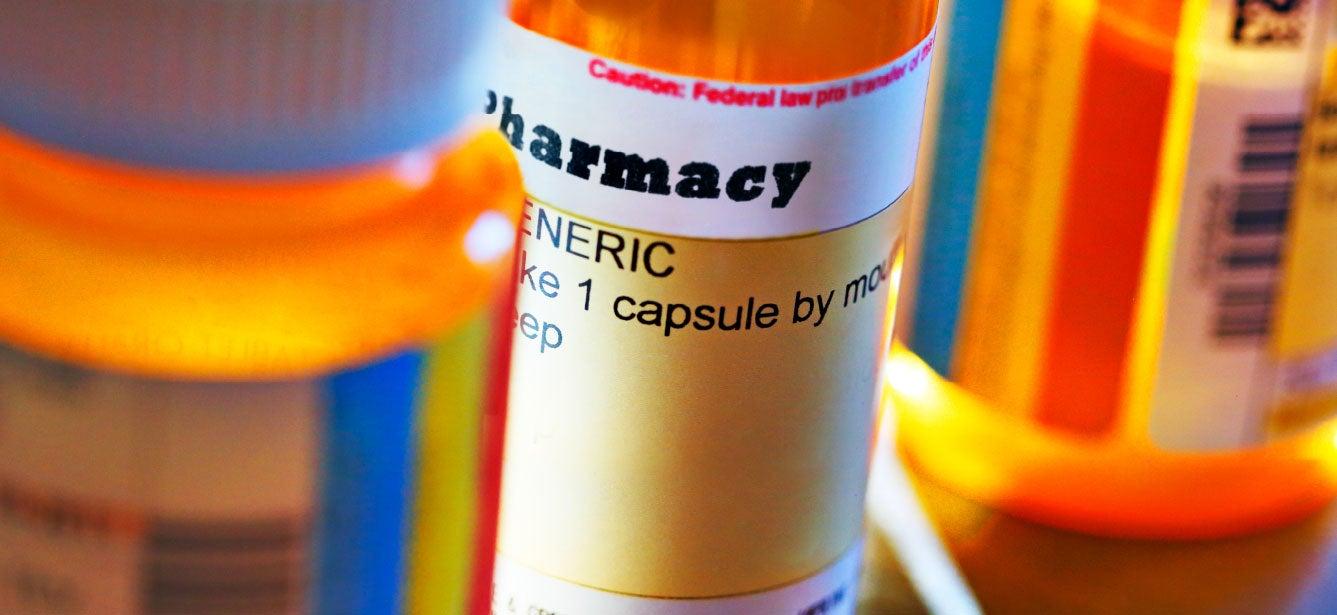
Medicare Part D is designed to help older adults cover the costs of their prescription drugs. If you delay enrollment in Part D and don't have other prescription drug coverage, you might end up having to pay out of pocket for your medications—and this can be costly. In addition, if you enroll in Part D outside your eligibility window (during your Initial Enrollment Period), you may face a late enrollment penalty.
The Part D late enrollment penalty serves as an incentive for people to enroll when they first become eligible, helping to ensure more older adults have timely access to prescription drug coverage.
When is a Part D enrollment considered "late?"
Generally, an enrollment is considered late if you did not join within three months after first getting original Medicare (Parts A and B).
You will not be subject to the Part D late enrollment penalty if you:
- Are eligible for Extra Help, also known as the Part D Low-income Subsidy (LIS)
- Have “creditable coverage” (coverage considered as good as Medicare drug coverage), whether received through your job or your spouse’s job, retiree benefits, or the Veterans Administration (VA)
How is the Part D late enrollment penalty calculated?
The Part D late enrollment penalty is a monthly add-on premium calculated as 1% of the current national base beneficiary premium ($38.99 in 2026) multiplied by the number of uncovered months, rounded to the nearest 10 cents. This amount is added to the Part D monthly premium. Each year, the late enrollment penalty is recalculated based on the year's base premium amount.
For example:
Frank L., 70, became eligible for Medicare in May 2022 but did not enroll in a Medicare Part D prescription drug plan. He lacked other creditable prescription drug coverage. Frank had no drug coverage until December 2025, when he enrolled in Part D during the Annual Enrollment Period (with coverage starting on January 1, 2026). This 43-month gap without creditable drug coverage triggered a Part D late enrollment penalty.
For 2026, the national base beneficiary premium is $38.99. Therefore, Frank's penalty is 43% of $38.99, which equals approximately $16.76. This amount is rounded to the nearest $0.10, resulting in an $16.80 monthly penalty. This penalty is added to his monthly Part D premium.
In most cases, the Medicare Part D penalty lasts for as long as you have Medicare drug coverage—even if you switch Part D plans. The national base beneficiary premium may change each year, so your penalty amount can vary annually.
Can I appeal a Part D late-enrollment penalty?
You have the right to appeal a decision you believe to be incorrect about a late enrollment penalty. The letter you receive from the plan telling you about the penalty explains how to appeal and includes a form you can use to file the appeal.
When should I appeal a Part D late enrollment penalty?
You might want to appeal a plan decision if you believe:
- You promptly submitted information about other creditable drug coverage, but the information was not taken into consideration.
- The plan miscalculated the number of months without creditable drug coverage.
- The end date of the Initial Enrollment Period (IEP) was not correctly identified.
- You have Part D Extra Help and your late enrollment penalty premium was not correctly waived.
- You failed to enroll in a Part D plan sooner because you did not receive adequate notice that your other drug coverage was not creditable.
Visit Medicare.gov to learn more about the Part D late enrollment penalty and appeals process.
Looking for reliable Medicare Part D advice?
If so, we have good news: State Health Insurance Assistance Programs (SHIPs) provide free, unbiased counseling to people with Medicare and those who are eligible. Get help understanding your different Medicare options, selecting plans, resolving billing issues, and addressing concerns about your medical care. If you have limited means, they can even help you find ways to save on your Medicare out-of-pocket costs.
Connect with a trained SHIP counselor today by calling 1-877-839-2675 or visiting the SHIP website.



